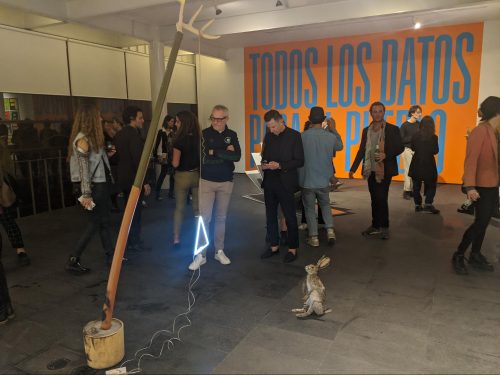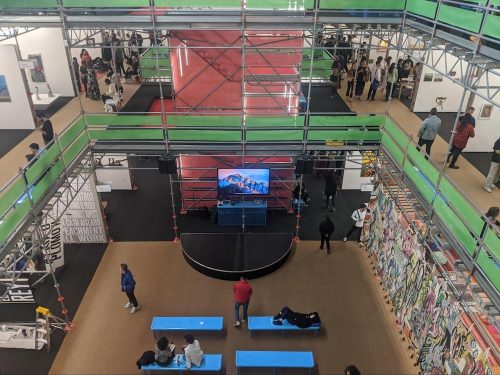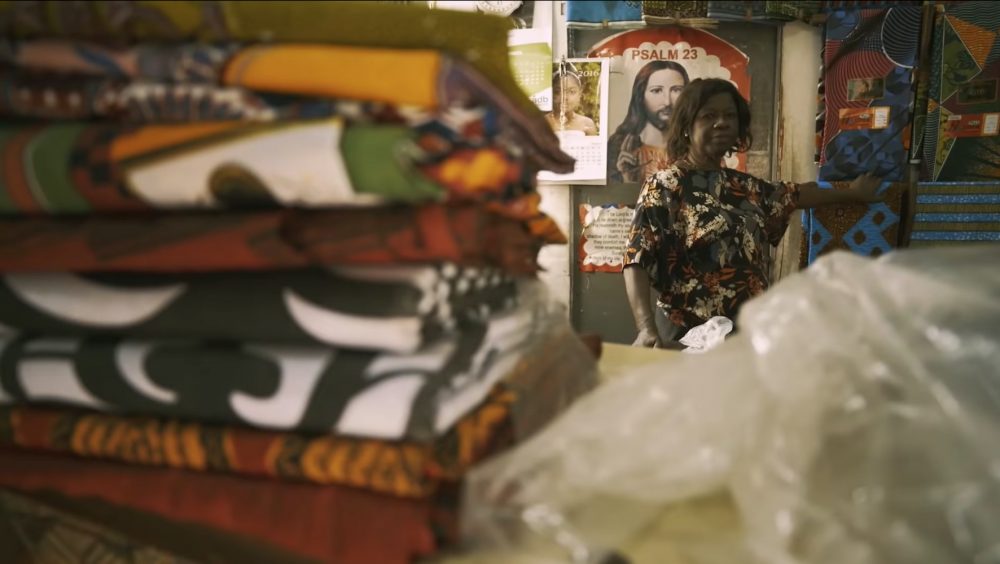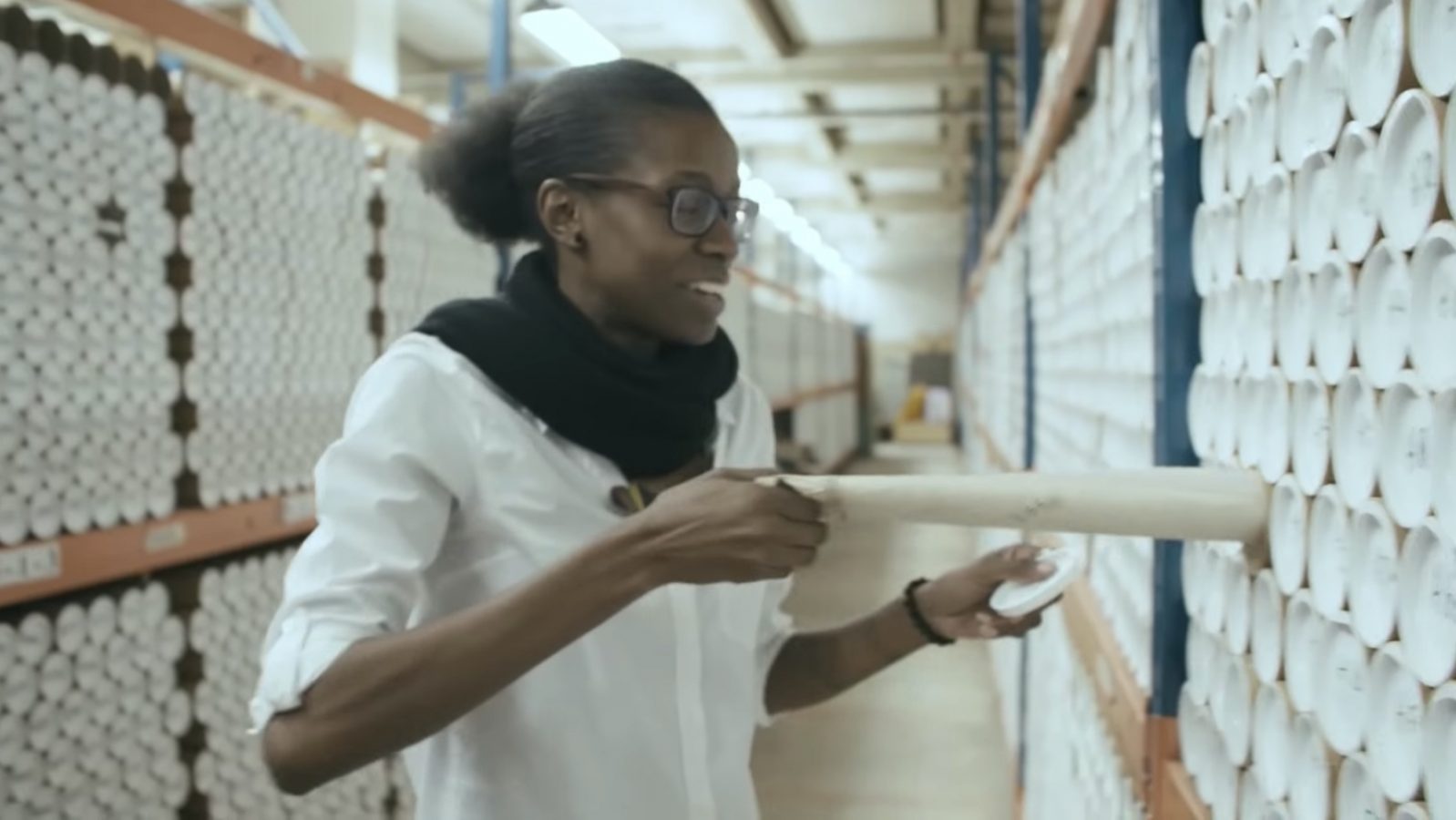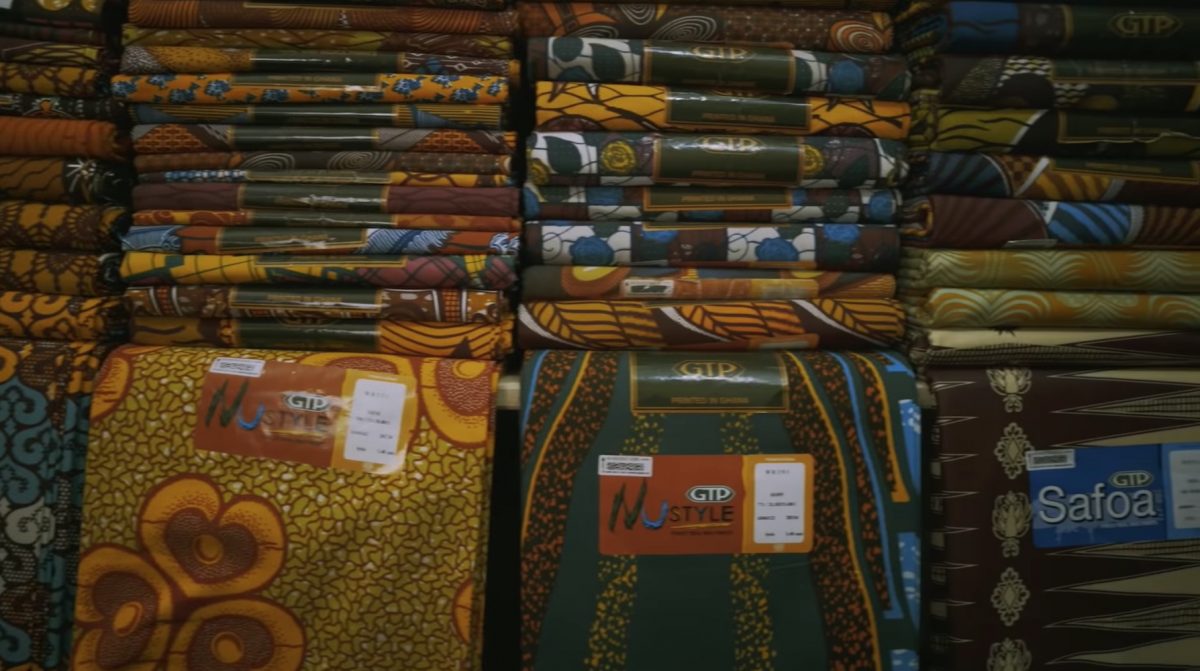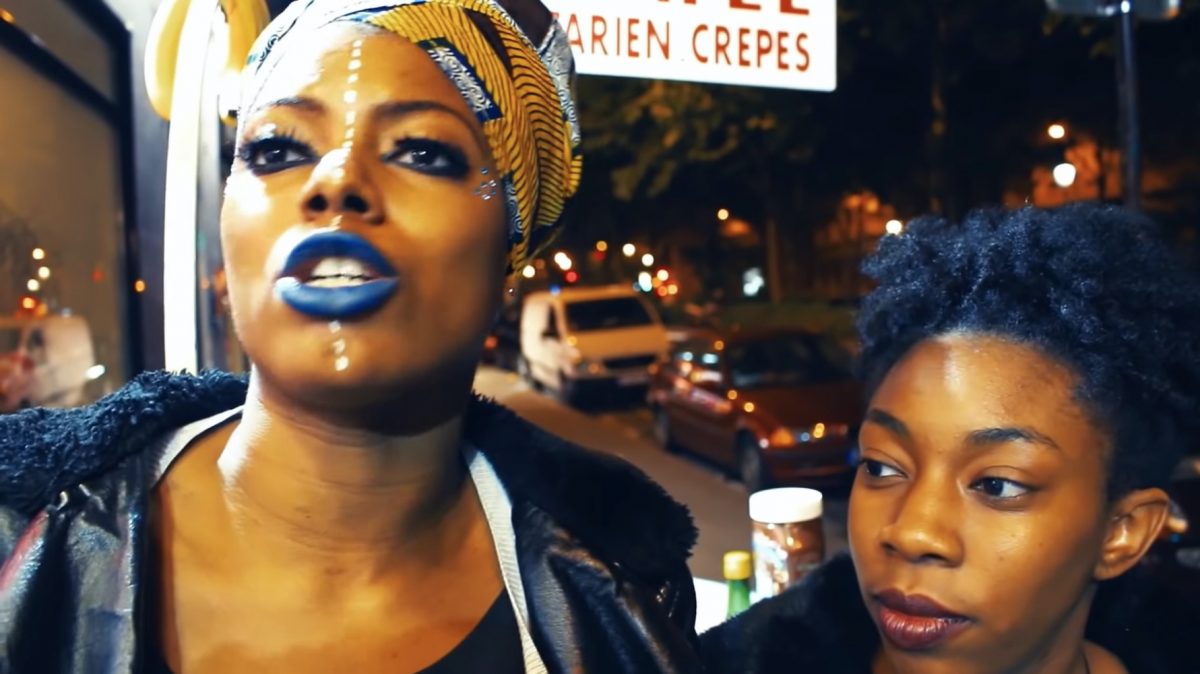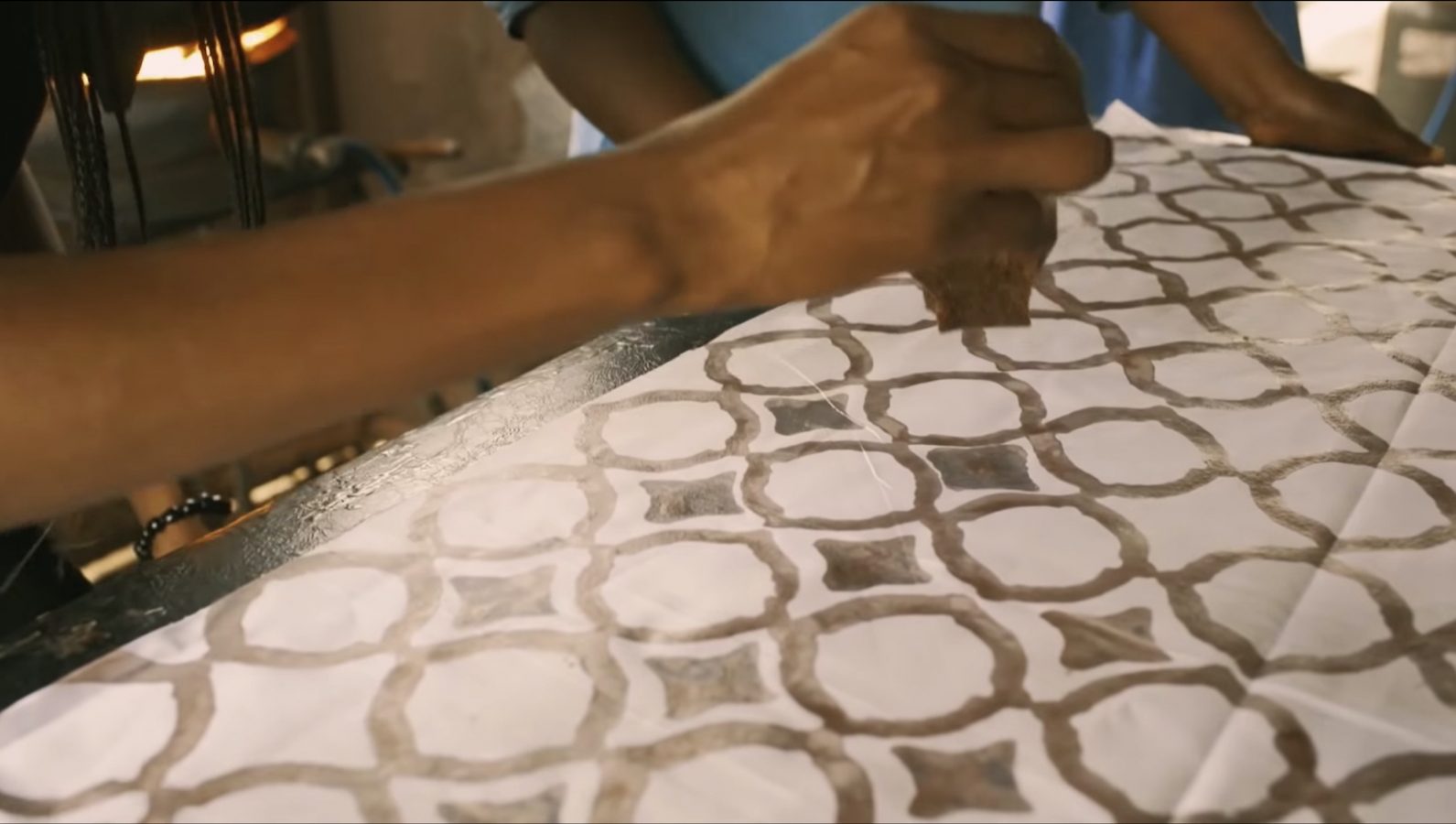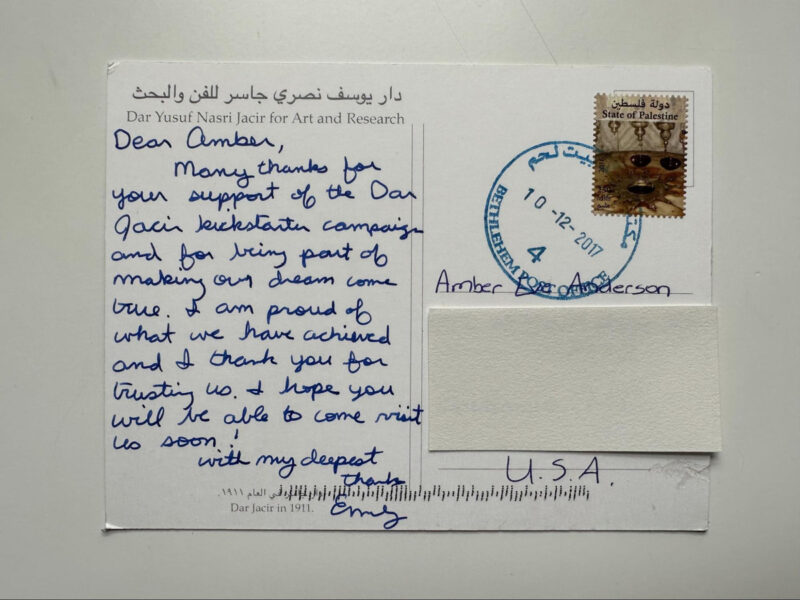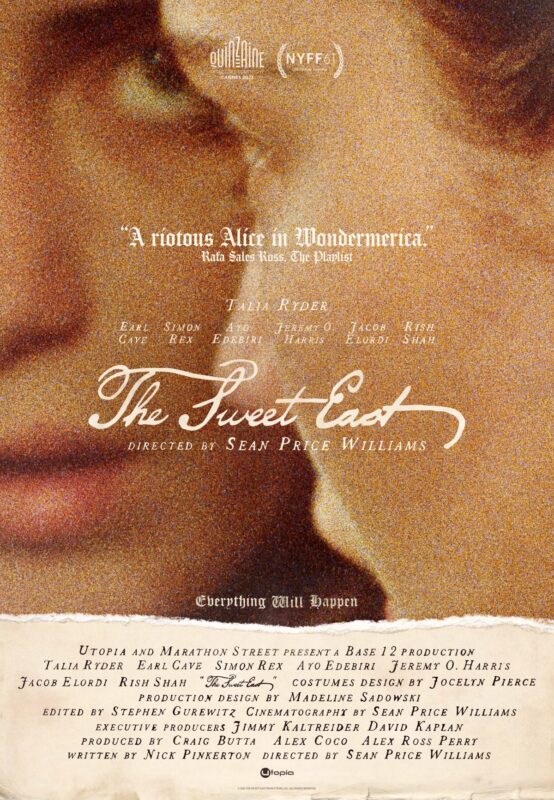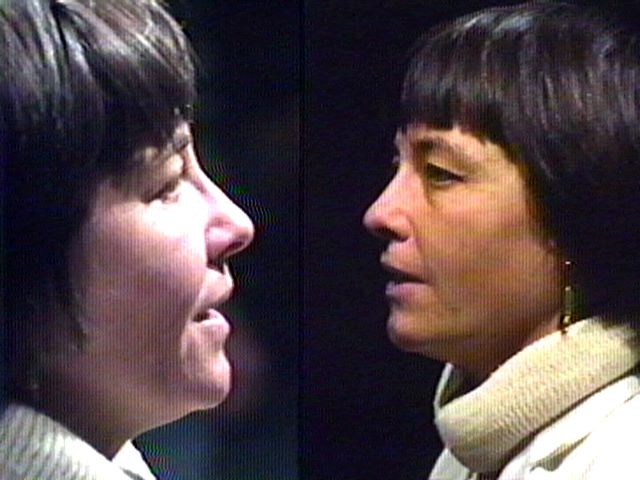MOVIE LISTINGS
THE CHARLES THEATRE, 1711 NORTH CHARLES STREET, (410) 727-3464, THECHARLES.COM
63 Up (Michael Apted, UK, 2019). Fri-Thurs: 12:45
2020 Oscar Shorts Animated. Fri-Sat: 1:00, 4:55, 9:30; Sun-Mon: 1:00, 4:55; Tues-Thurs: 1:00, 4:55, 9:30
2020 Oscar Shorts Live Action. Fri-Thurs: 2:50, 7:00
JoJo Rabbit (Taika Waititi, US, 2019). Fri: 1:00, 4:00, 7:00, 9:30; Sat: 1:15, 4:00, 7:00, 9:30; Sun-Mon: 1:00, 4:00, 7:00; Tues-Thurs: 1:00, 4:00, 7:00, 9:30
Just Mercy (Destin Daniel Cretton, US, 2019). Fri-Sat: 4:45, 8:00; Sun-Mon: 4:45; Tues-Thurs: 4:45, 8:00
Little Women (Greta Gerwig, US, 2019). Fri-Sat: 12:55, 3:40, 6:45, 9:30; Sun-Mon: 12:55, 3:40, 6:45; Tues-Wed: 12:55, 3:40, 6:45, 9:30; Thurs: 12:55, 3:40, 9:30
Parasite (Bong Joon-ho, South Korea, 2019). Fri-Sat: 12:50, 3:45, 6:40, 9:30; Sun: 12:50, 3:45, 6:40; Mon: 12:50, 3:45; Tues-Wed: 12:50, 3:45, 6:40, 9:30; Thurs: 12:50, 3:45, 6:40
Revival: Winter Light (Ingmar Bergman, Sweden, 1963) Sat: 11:30 a.m.; Mon: 7:00; Thurs: 9:00
ENOCH PRATT FREE LIBRARY
Do The Right Thing (Spike Lee, US, 1989). Wed: 5:30, Pennsylvania Avenue Branch
Isn’t It Romantic (Todd Strauss-Schulson, US, 2019). Thurs: 5:30, Waverly Branch
Once Upon a Time In Hollywood (Quentin Tarantino, US, 2019). Sat: 1:30, Central Library
Semper Fi (Henry Alex Rubin, US, 2019). Mon: 5:00, Pennsylvania Avenue Branch
Shaun The Sheep Movie (Mark Burton & Richard Starzak, UK, 2015). Sat: 10:30 a.m., Roland Park Branch
Sherlock Jr. (Buster Keaton, US, 1924). Wed: 3:00, Hamilton Branch
THE PARKWAY THEATRE, 5 WEST NORTH AVENUE, (410) 752-8083, MDFILMFEST.COM
The Parkway is holding a series of feedback screenings this month. Go here for more information.
1917 (Sam Mendes, US, 2019). Fri-Sat: 12:45, 4:15, 6:45, 9:30; Sun: 12:45, 4:00, 6:45; Mon-Wed: 6:45, 9:30; Thurs: 9:30
2019 African Film Festival Shorts. Tues: 7:00 (free)
2020 Oscar Documentary Shorts Program 1. Fri-Sat: 1:30, 7:00; Sun: 4:15; Mon: 7:30; Tues-Thurs: 7:00
2020 Oscar Documentary Shorts Program 2. Fri-Sat: 4:00, 9:00; Sun: 7:00; Mon: 9:30; Tues-Thurs: 9:00
Clemency (Chinonye Chukwu, US, 2019). Fri: 7:00; Sat: 3:45; Sun: 1:00; Mon: 9:30; Wed: 9:30; Thurs: 7:00
The Edge Of Democracy (Petra Costa, Brazil, 2019). Fri: 1:15; Sat: 9:15; Mon: 6:45; Thurs: 6:45
Fantastic Fungi (Louie Schwartzberg, US, 2019). Fri: 4:30, 9:30; Sat: 1:00, 7:15; Sun: 4:30, 7:15; Tues: 9:30; Wed: 7:15; Thurs: 9:30
Oscars Watch Party. Sun: 8:00 (free)
THE SENATOR THEATRE, 5904 YORK ROAD, (410) 323-4424, SENATORTHEATRE.COM
1917 (Sam Mendes, US, 2019). Fri-Sat: 12:50, 3:50, 6:50, 9:45; Sun: 9:45 a.m., 12:50, 3:50, 6:50; Mon: 12:50, 3:50, 6:50; Tues-Wed: 12:50, 3:50, 6:50, 9:45; Thurs: 12:50, 3:50, 8:35
Birds Of Prey (Cathy Yan, US, 2020). Fri-Sat: 1:00, 4:00, 7:00, 9:45; Sun: 9:50 a.m., 1:00, 4:00, 7:00; Mon: 1:00, 4:00, 7:00; Tues-Wed: 1:00, 4:00, 7:00, 9:45; Thurs: 1:00, 4:00, 8:30
Color Out Of Space (Richard Stanley, US, 2020). Fri-Sat: 9:35; Sun: 9:45 a.m.; Mon: 6:40; Tues-Wed: 9:35
Jay and Silent Bob Reboot (Kevin Smith, US, 2019). Thurs: 8:00
Knives Out (Rian Johnson, US, 2019). Fri-Sat: 12:40, 3:40, 6:45, 9:35; Sun-Mon: 12:40, 3:40, 6:45; Tues: 12:40, 3:40, 6:45, 9:35; Wed: 12:40, 3:40, 6:45; Thurs: 12:40, 3:40
Revival: Red Shoes (Michael Powell and Emeric Pressburger, UK, 1948). Sun: 10:00 a.m.; Mon: 1:00
Revival: Sleepless In Seattle (Nora Ephron, US, 1993). Wed: 7:30
Uncut Gems (Benny & Josh Safdie, US, 2019). Fri-Sun: 12:35, 3:35, 6:40; Mon: 3:35; Tues: 12:35, 3:35, 6:40; Wed: 12:35, 3:35; Thurs: 12:35
